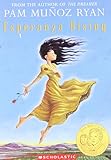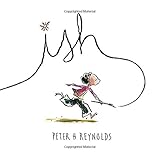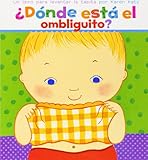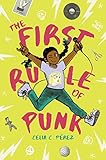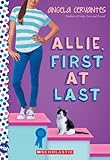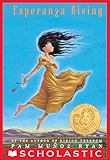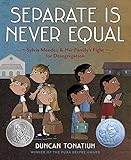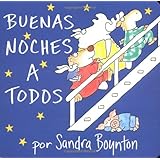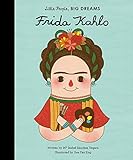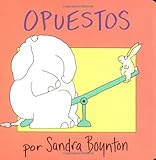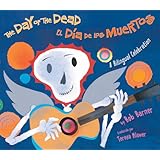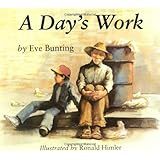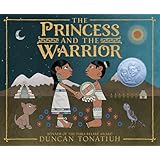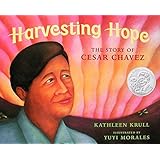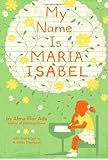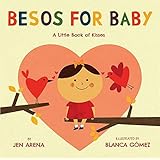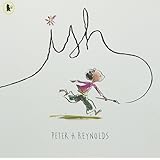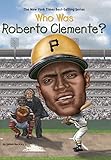Opinion and Persuasive Writing Essential Questions
Essential Questions:
- What is an opinion?
- What is persuasive writing?
- What is an opinion statement?
- What is the key difference between an opinion statement and thesis statement?
- What is an opinion vs. point of view vs. viewpoint?
- Why is it important to be able to separate peoples opinions from facts?
- Why do writers use a specific structure or style of writing for different types of persuasive writing?
- How is writing used to persuade or changes others ideas or opinions?
- How can I use facts, judgments, and reasoning to express my opinions and persuade others?
- How do writers develop and use a thesis statement to state an opinion?
- How do writers organize opinions, evidence, judgments, and reasoning to support their opinions/thesis statement?
Essential Questions and Enduring Understandings: Resources
Enduring understandings are statements summarizing important ideas and core processes that are central to a discipline and have lasting value beyond the classroom.
Kindergarten
Grade 1
Grade 2
Grade 3
Grade 4
Grade 5
Grade 6
Grade 7
Grade 8
Grades 9-10
Grades 11-12
Grade 1
Grade 2
Grade 3
Grade 4
Grade 5
Grade 6
Grade 7
Grade 8
Grades 9-10
Grades 11-12
How to Teach Argument and Opinion Writing | Opinion Thesis Statements
Argument, claim or opinion essays include 5 essential parts that
start with a strong thesis statement! Introductory paragraphs with a well-written thesis statement are considered the foundation of high-quality opinion essay. Crafting an argument and driving it home with logical reasons and evidence is important in order to effectively complete a successful informative essay project. College professors, high school teachers, and even elementary teachers expect students to have a highly targeted thesis statement. The essays introduction must also include compelling ideas that spark thinking, start a persuasive line of reasons and evidence that support your opinion. The conclusion should restate the thesis statement opinions and reexamine your arguments, claims or counterclaim.
Facts are the foundation of rational thought, opinions are rarely changed with unemotional dry facts. Reason is the capacity for consciously making sense of beliefs, ideas, facts and yes opinions. Applying logic, establishing and verifying facts, and changing or justifying new activities, rational or irrational intuitions, and beliefs based on new or existing information. Stating an argument and opinion are closely associated with such characteristically human activities as philosophy, Socratic dialogue, science, language, mathematics, and art and is normally considered to be a definitive characteristic of human nature.
start with a strong thesis statement! Introductory paragraphs with a well-written thesis statement are considered the foundation of high-quality opinion essay. Crafting an argument and driving it home with logical reasons and evidence is important in order to effectively complete a successful informative essay project. College professors, high school teachers, and even elementary teachers expect students to have a highly targeted thesis statement. The essays introduction must also include compelling ideas that spark thinking, start a persuasive line of reasons and evidence that support your opinion. The conclusion should restate the thesis statement opinions and reexamine your arguments, claims or counterclaim.
Facts are the foundation of rational thought, opinions are rarely changed with unemotional dry facts. Reason is the capacity for consciously making sense of beliefs, ideas, facts and yes opinions. Applying logic, establishing and verifying facts, and changing or justifying new activities, rational or irrational intuitions, and beliefs based on new or existing information. Stating an argument and opinion are closely associated with such characteristically human activities as philosophy, Socratic dialogue, science, language, mathematics, and art and is normally considered to be a definitive characteristic of human nature.
Try this with your students: Use opinion theses statement stems and opinion transitions word charts with your student's to give students practice drafting thesis statements. Looking for essential details and drafting compelling body paragraphs ended with effective conclusions.
When providing your opinion, it will be necessary if it’s being asked. When you’re writing your paper, you have to focus and look for patterns. Above all, you have to state your thoughts and answer questions with all your might. Enjoy writing your thesis, you’ll see how it works!
In fact, opinion writing using practice thesis statements or opinion openers is a fun way to learn persuasive and opinion writing. Opinion writing needs to be fun for the reader, expressive, well written, and concise. You need to know that thesis statements are key argument of the entire project. Make sure that your opinion is clearly stated right at the start of your paper.
Common Core Writing Testing Advice!
You must analyze the source article(s) or mentor text for keywords, transition words, opinions, claims, and counterclaims. important ideas from the articles introduction and conclusion must be given special attention in order to successfully break down source text to use in your own writing in a smooth coherent flowing way. For the benefit of effective writing, proper structure and styling is also needed in order to create an essay in a more convincing manner. OREO Opinion, Reason, Evidence and Restate Opinion!
- It should tell what your paper is all about
- Provide your opinion whenever needed
All you need to do is to explain what your stand is and discuss the pros and cons of the issue you are tackling. You need to be certain that the statement is absolutely clear and well define your statement. Your paper should require the reader to ask and answer your clearly written conclusions regarding the advantages and disadvantages of your opinion.
Thesis statements may differ widely since they state various question in every writer's personal style. However, you need practice using thesis statements (sentences openers) or a set opinion phrases and transitions in order to suit certain essays types and test requirements. Rule of thumb is to read writing prompts/questions always carefully and try to work out the things you need to do.
- Writing two opinions – there are questions that will ask you to tackle about two opinions specifically while giving your opinion.
- Disagreeing or agreeing – you will also be asked to disagree or agree with a single opinion.
Even though you can possibly do your opinion on your conclusion, it’s still better to do this on the first part so that it will be clear for your readers what your thesis is all about. It’s not that bad to include a bit in your conclusion though since it’s your choice after all.
Hence, the thesis statement depends on whether you are agreeing or disagreeing. There may be some paper which will not ask for opinions but may need you to tackle about problems and solutions. So, if you’re asked with such question, then you have to be clear when making your statement.
But, the main lesson here is to highlight on the questions which may differ so you need to analyze them well and exactly identify all essential things with your thesis paper. Always bear in mind that thesis statements are fundamentally telling your readers what is the main concentration of your paper.
When providing your opinion, it will be necessary if it’s being asked. When you’re writing your paper, you have to focus and look for patterns. Above all, you have to state your thoughts and answer questions with all your might. Enjoy writing your thesis, you’ll see how it works!








